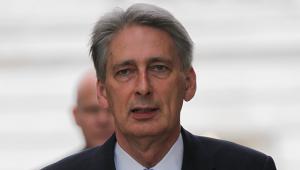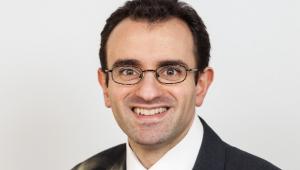Also, the tax-free dividend allowance for those trading through their own companies will be reduced from £5,000 to £2,000 from 2018.
Hammond said that the current NICS system was unfair to the 85% of people in the country who are employed directly, because self-employed people and those who have incorporated typically pay less NICs but still benefit from the same level of public services.
Hammond said: “The lower national insurance paid by the self-employed is forecast to cost our public finances over £5bn this year alone.”
The chancellor voiced his support for the decision made by his predecessor, George Osborne, to abolish Class 2 NICS from April 2018.
He went on to announce the main rate of Class 4 NICS for the self-employed will be increased from 9% to 10% after the abolition of Class 2. This rate would see a further increase of 1% to 11% from April 2019.
Hammond predicted this would raise £145m for the public purse each year by 2021, and would amount to extra tax on average of 60p per week per self-employed person in the country.
Moreover, he said that since Class 4 is chargeable as a proportion of profits, the lowest-earning self-employed people (those earning less than £16,250) would actually see their NICs bill fall.
According to Hammond, an employee earning £32,000 will incur, between them and their employer, £6,170 of national insurance contributions. A self-employed person, however, would currently pay only £2,300.
Historically, the difference in NIC contributions reflect differences in state pensions and contributory welfare benefits, he said. However, under the single tier state pension, self-employed people have built up the same entitlement to the state pension as employees since 2016.
Hammond said: “A fair system will also ensure fairness between individuals, so that people doing similar work for similar wages and enjoying similar state benefits pay similar levels of tax.”
Elsewhere, the chancellor announced the tax-free dividend allowance for those working through their own companies would be reduced from £5,000 to £2,000, with effect from April 2018.
“HMRC estimates that existing incorporations cost the public finances over £6bn a year and the OBR forecast an additional annual cost to the Exchequer from those choosing to incorporate of £3.5bn a year by 2021-22,” Hammond said.
He added that around half the people affected by the change would be directors and shareholders of private companies, the rest being investors in shares with holdings worth, typically, over £50,000.
Torsten Bell, director of the Resolution Foundation, welcomed the chancellor’s announcements, which he said would bring the tax system up to date.
He said: “There are lots of good reasons for people to be self-employed but unfair and expensive tax advantages shouldn’t be one of them.
“By abolishing Class 2 NICs and staggering the increase in Class 4 NICs, most self-employed workers will actually be better off next year, with higher paid accountants and management consultants taking the biggest h



















